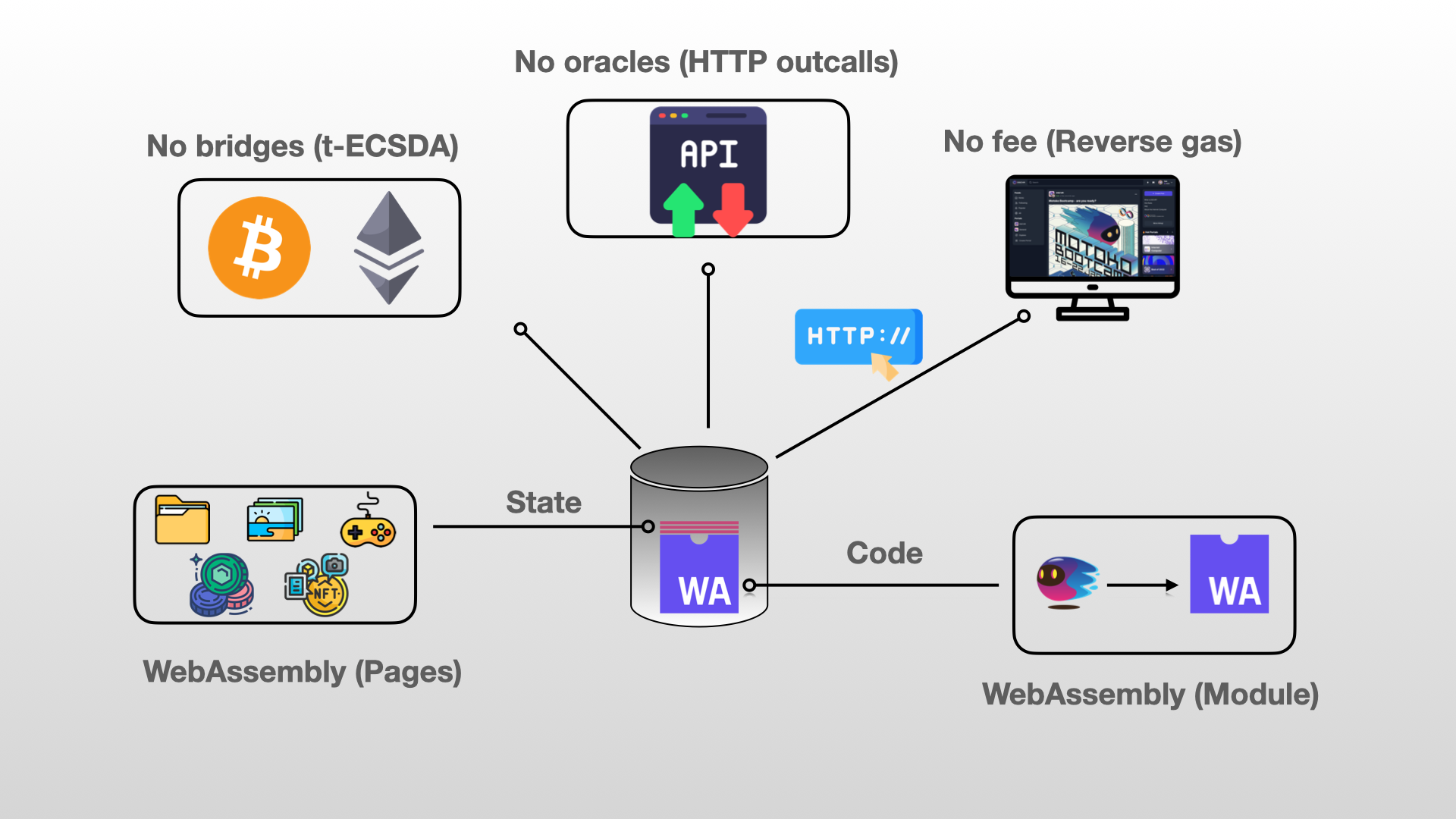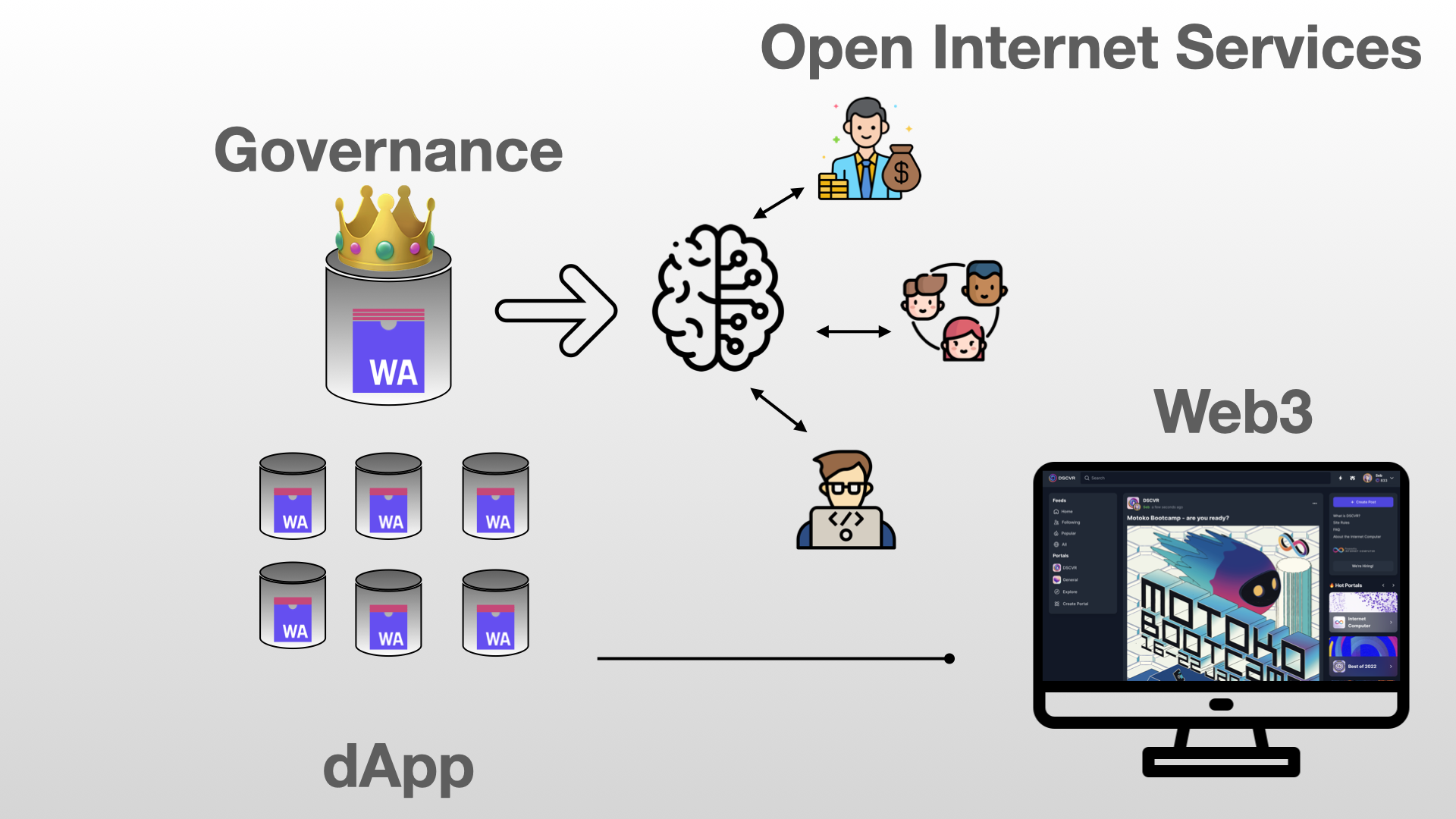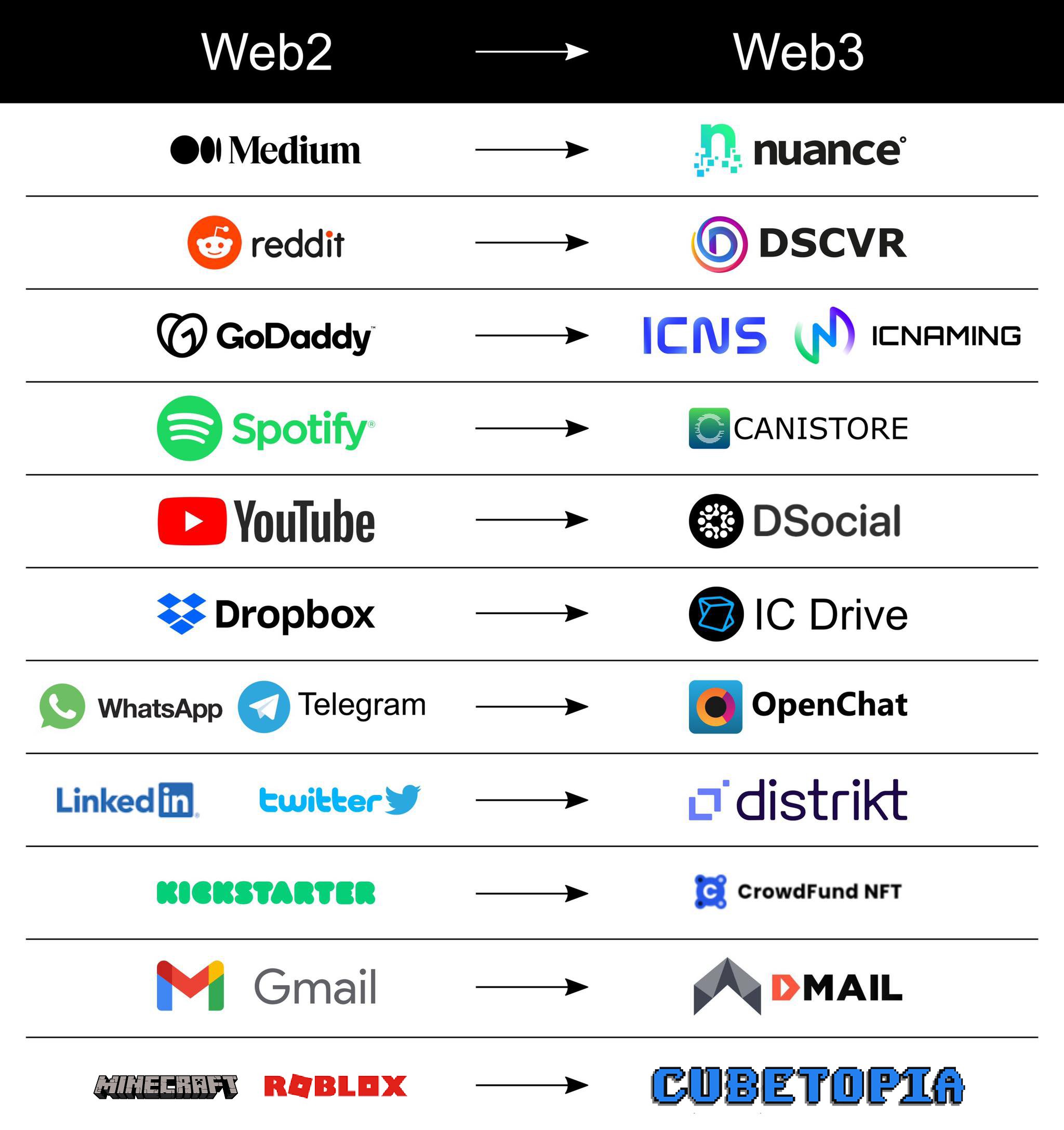Appendix 1 - Unlocking the power of DAOs
🧩 What is a DAO?
During this week you will have the opportunity to build a prototype for a Decentralized Autonomous Organization (DAO). This is why we want to answer an important question: What is a DAO?
🏛️ Decentralized Autonomous Organization: a new model of governance?
![]()
Throughout history, humans have found different creative ways to organize in social groups and structures. They have done so for different reasons such as safety, support, social identity, work, power or even economics. A few common groups include: family unit, tribes, clans, states, guilds, secret societies, political parties...
With the advent of the Internet, social networks, cryptocurriencies & smart contracts many believe that a new type of organization is about to start a new chapter of human history: DAO.
A Decentralized Autonomous Organization (DAO) is a digital organization that is composed of members living all around the world, and is governend and organized through smart contracts.
Smart contracts execute automatically, are decentralized, transparent and can't be censored or modified by any individual. The same applies to DAOs in the sense that they are not controlled by any single individual or entity, they rather operate based on the collective decision-making of their members.
A few use cases for DAOs include:
-
Decentralized venture capital: DAOs can be used to enable decentralized venture capital funds, in which members can propose and vote on investments in projects. The DAO was one of the first DAOs to be created and was designed to be a decentralized venture capital fund, although it was controversial and ultimately failed due to a hack.
-
Decision-making: DAOs can be used to enable members to make decisions about the direction of a project or organization. For example, MakerDAO is a decentralized finance (DeFi) platform that is built on the Ethereum blockchain and is governed by a DAO, in which members can vote on proposals to change the parameters of the MakerDAO system, such as the interest rates on loans.
🙁 Limitations of DAOs
As we've said DAOs are formed through smart contracts. However, smart-contracts are pretty limited:
- They can't store any meaningful amount of data (photos, videos, files...). The cost of storing 1GB of data in the Ethereum blockchain has been estimated at around $5.5M
- It is not possible to interact with smart contracts directly from a browser. A wallet needs to be installed and acts as a relay.
- Smart contracts rely on oracles to gather information from the external world and facilitate communication with it, as they are unable to interact with anything outside of the blockchain on their own.
- Smart contracts are limited in terms of computational power they have access to.
Those technical limitations results in concrete actions that a DAO would be unable to do:
- 🌳 Interact with the physical world: DAOs are limited to the digital world and cannot interact with the physical world. A DAO could not plant a tree, turn on a light switch, or deliver a physical letter.
- 📲 Access external data sources: For example, a DAO could not retrieve the current temperature from a weather website, or the current stock price from a financial website.
- 🔮 Use advanced computational power: For example, a DAO could not run simulations to predict the outcome of a complex system, such as the spread of a pandemic or the performance of a financial portfolio.
- 🗂️ Handle large amounts of data: For example, a DAO could not store and process the complete medical records of millions of patients.
Those important limitations are preventing DAOs from having a meaningful impact in the world.
🚀 From smart-contracts to canisters
Imagine that smart-contracts could:
- Store unlimited amount of data & run any computation.
- Be accessible directly from any browser.
- Communicate with the external world trough HTTP requests.
- Create and sign transactions on any blockchain (Bitcoin, Ethereum...).
- Being upgradable to constantly add new features & fix potential bugs.
- Remove fees and enable anyone to interact with them.
Does it sound interesting? Welcome to the fabulous world of canisters!

Imagine what DAOs will be able to achieve using canisters!
By using canisters, DAOs are now able to control entire web applications.This means that future web services (social network, search engine, games, mail client, messaging application...) can run entirely on a set of canisters, where the governance of those canisters is ensured through a tokenized public governance canister.

This concept is called Open Internet Services. The aim is to end the current monopoly of BigTech companies (Facebook, Google, Apple, Twitter, Microsoft, Tiktok... ) that profits from the centralized aspect of the Internet. By aligning incentivizes between investors, users, and developers, those services are expected to operate in a more transparent, privacy-friendly and cooperative manner.

A prediction?
Open Internet Services are powerful and won't stop with social networks or messaging apps. They are here to revolutionize the way we work and live together. With unprecedented scalability of collaborative work enabled by the combined power of DAOs and OISs, the sky's the limit! Imagine the positive impact on humanity with projects like environmental conservation, medical research, and education all being amplified by this new level of coordination and collaboration. And this is just the tip of the iceberg, as this new technology could open the door to even more innovative solutions to some of the world's most pressing problems. This is an opportunity to make real progress and change the world in ways we never thought possible. Get ready, the future is here!